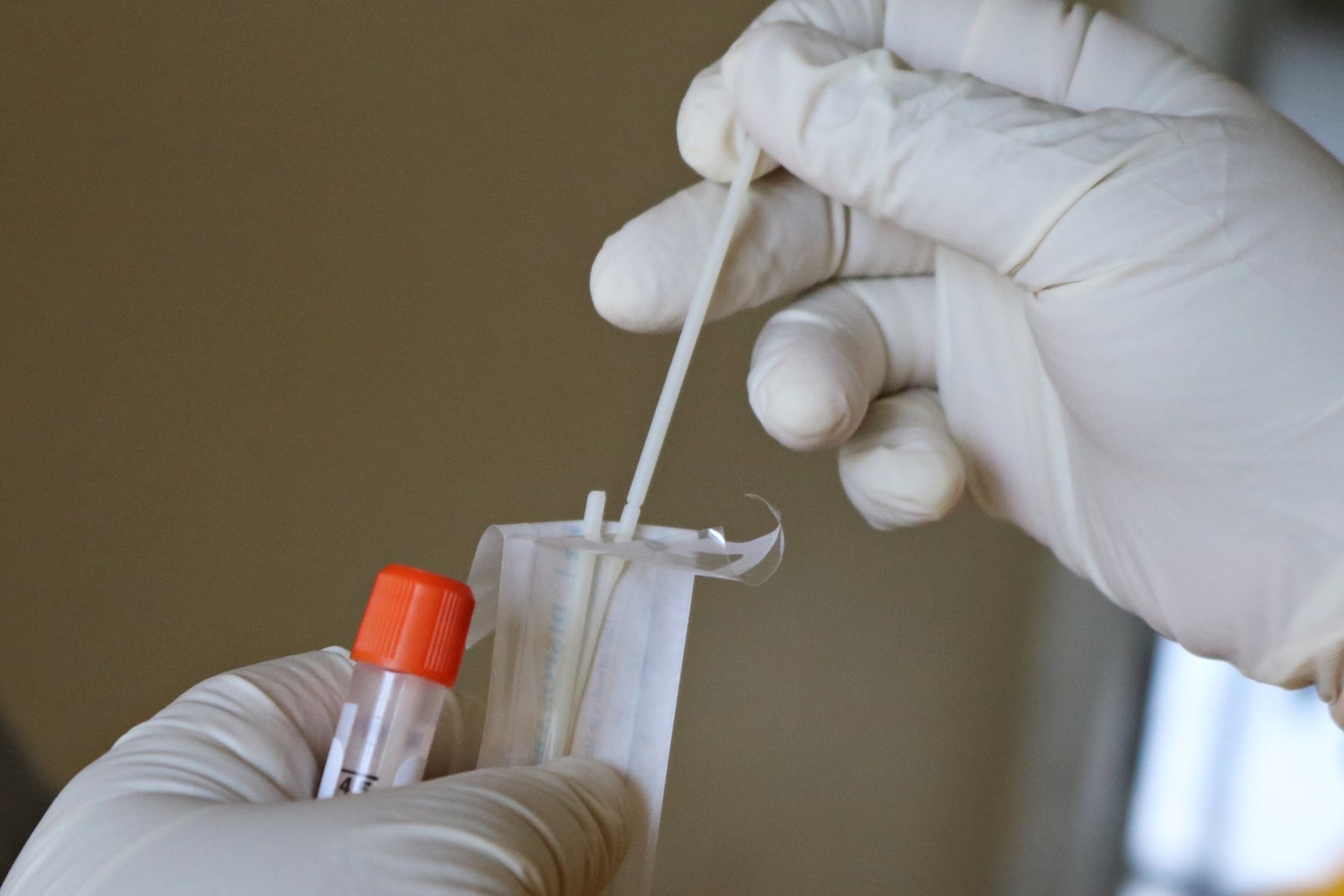
5 Tips to Help You Prepare for a DNA Paternity Test
Preparing for a paternity test can be a daunting task, especially if it's your first time. Luckily, there are things that you can do to get yourself ready. If you're interested in learning more about this, here are five tips to help you prepare for a DNA paternity test.
1. Understand the Process of a DNA Paternity Test
Before you take a DNA paternity test, it's essential to understand the process. DNA paternity tests are usually simple and non-invasive, as they only require a small sample of your DNA, which can be taken from your saliva or a swab from the inside of your cheek.
The DNA sample is then analyzed in a laboratory, and the results are compared to the DNA sample of the child. If the test shows a match between the DNA samples of the man and the child, it's highly likely that the man is the biological father of the child. However, if there is no match, it means that the man is not the biological father of the child.
2. Choose a Reputable DNA Testing Company
Choosing a reputable DNA testing company is crucial when it comes to preparing for a DNA paternity test. It's important to select a company with a good reputation and a proven track record of providing accurate results. You can check online reviews and ask for recommendations from friends and family who might have taken a DNA paternity test before.
3. Prepare Yourself Mentally
Taking a DNA paternity test can be an emotional experience, especially if the results are not what you expected. It's essential to prepare yourself mentally before taking the test. You should be prepared for both positive and negative results and be ready to deal with the consequences that come with either outcome.
It's also a good idea to talk to a counselor or therapist before taking the test, as they can help you deal with any emotions that may arise during the process.
4. Be Prepared to Provide Accurate Information
To ensure accurate results, it's best to provide accurate information when filling out the necessary forms. You will be required to provide details such as your name, date of birth, and contact information. It's also important to provide the correct information about the child, such as their name, date of birth, and gender.
Additionally, you will need to provide information about the alleged father, such as their name and date of birth. Providing accurate information is vital as it helps to ensure that the test results are accurate.
5. Follow the Instructions Carefully
It's essential to follow the instructions carefully when taking a DNA paternity test. The instructions will vary depending on the DNA testing company, but they usually involve collecting a DNA sample using a swab or other non-invasive method.
It's important to follow the instructions carefully to ensure that the DNA sample is collected correctly. If the DNA sample is not collected correctly, it can lead to inaccurate results, which can have serious consequences.
Conclusion
Understanding the process of a DNA paternity test, choosing a reputable DNA testing company, preparing yourself mentally, providing accurate information, and following the instructions carefully are crucial steps to ensuring accurate results. Remember to take your time, ask questions if you're unsure, and seek support if you need it.
If you’re looking for reliable quick paternity tests, RSC Health can help you! We offer testing services, such as for STDs, drugs, and wellness, to ensure you make the best decisions regarding your health. Reach out today via the contact form to get started!
